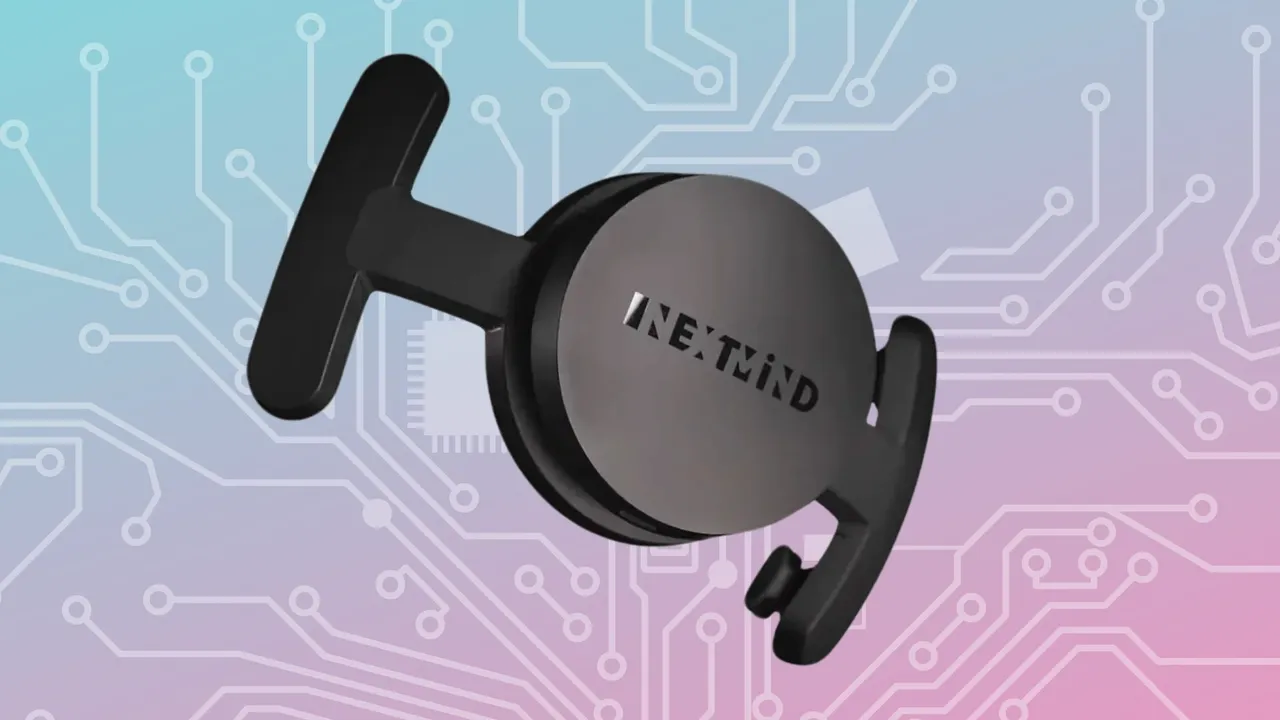Have you ever read the original X-Men comics? One of the key characters, Professor Charles Xavier, is a very powerful mutant who can do a lot of things with his mind. To further augment his already-potent telepathic abilities, he makes use of a ridiculously powerful and advanced computer named ‘Cerebro’.
Now the reason why we mentioned all this brain-enhancing computer stuff is that that’s where we’re all apparently headed. Snapchat just announced that it was able to acquire Paris-based neurotech company NextMind.
Snap explains:
“Before joining Snap, NextMind developed non-invasive brain-computer interface (BCI) technology in order to enable easier hands-free interaction using electronic devices, including computers and AR/VR wearables and headsets. This technology monitors neural activity to understand your intent when interacting with a computing interface, allowing you to push a virtual button simply by focusing on it.”
Neural Intricacies
Snap clarifies that NextMind’s tech ‘does not “read” thoughts or send any signals towards the brain’. So while we’re given a sort of ‘fail-safe’ disclaimer, the idea that your brain will eventually, subconsciously control your digital experience, and you can bet those big tech companies would just love to have a literal direct connection into your head. Honestly, that does sound quite concerning.
To note, Meta has been developing something similar since 2017, which it dubs as ‘brain-to-screen interaction’. However, last year, Meta discontinued its full mind-reading project, choosing to instead focus on wrist-based devices “powered by electromyography”.
At the time, Meta’s head of VR Andrew Bosworth explained:
“The vision for this work is a wristband that lets people control their devices as a natural extension of movement. Here’s how it’ll work: You have neurons in your spinal cord that send electrical signals to your hand muscles telling them to move in specific ways such as to click a mouse or press a button. The wristband will decode those signals and translate them into a digital signal your device can understand, empowering you with control over your digital life.”
From a technical perspective, NextMind is essentially working on the same, though with the aim of tracking the same type of neural signals direct from your visual cortex, via electrode sensors on your head. If you want a little more elaboration, check out NextMind’s trailer.
The Wrap
Obviously, not everyone would be comfortable with this, especially not at the beginning, but it may well be the future. For those like us who have enjoyed their fair share of sci-fi in both media and pop culture, the development is less of a surprise and more of anticipation. Considering how things would eventually operate within the Metaverse (and similar realms), tools like these do tend to make more sense.
While it does feel a bit creepy, another major concern is the long-term health impacts associated with ownership of such machines – think about it, what would make us different from the people depicted in Wall-E if we could literally control everything with a thought? Then again, who wouldn’t want mechanically-improved mental functions? The medicinal applications are also quite interesting; imagine if people could finally reverse the memory degradation of Alzheimer’s patients. Either way, so long as most would consent to it, it’s very likely that the future will have us allowing a little bit of tech companies into our brain. If that helps me unlock a Yotabite’s worth of information storage, then by all means, sign me up!
Subscribe to our ‘Bottoms Up!’ Newsletter. Get the latest social media blogs about news, updates, trends, and effective social media strategies to take your business to the highest level from Tristan Ahumada and Jeff Pfitzer.
Sources

